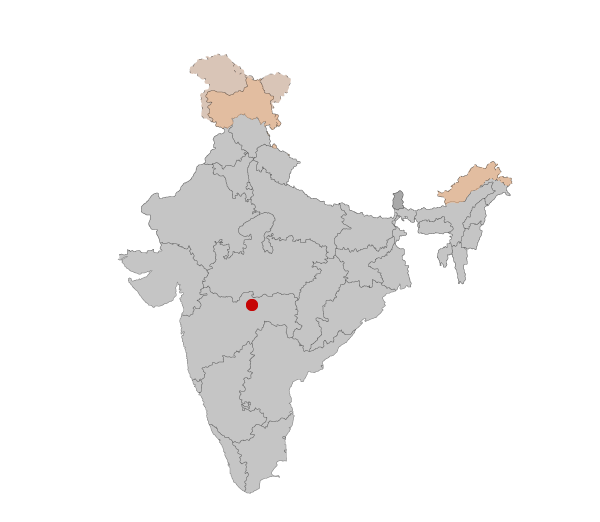
L had 4 children, 3 daughters and one son, and he lived with his wife and one of his daughters. L grew grains like wheat, lentils, rice and millet on some land he owned to make a living, but when he arrived at the village, he said, he did not own any land and worked as a farmhand until the forest department launched a scheme to provide some land for people who did not have any. He still took on physical work sometimes, but had moved up in the world to become the sarpanch of the local village government, officiating for 6 villages.
L was passionate about providing better facilities for his fellow villagers and to generate higher wages for work so instead of living a life of drudgery, everyone could strive for fulfillment. However, as his village fell within the ‘buffer’ area surrounding the tiger reserve nearby, development and construction was strictly curtailed by the government and so L’s village neither had proper roads nor conventional electricity connections. So, L and his fellow villagers took matters into their own hands and collected money to have a private organisation install a solar panel to provide electricity in their village.



